Click to Skip Ahead
Corgis are adorable, lovable, and so much fun. Corgis are also a little high maintenance compared to some other dog breeds. It might seem like you have to do more for a Corgi than you would for another breed – but before you run away scared, that doesn’t mean they’re high maintenance in terms of effort or stress. It just means that there are some things you need to be aware of and keep an eye on more than with other breeds.
If you want to adopt a Corgi, it’s important to know what kind of commitment they require from their owners. If you adopt any dog as a companion, it needs to be as much a part of your family as every human member of your household. So before adopting a Corgi or any other type of dog, make sure your home is ready for them and that you can meet all the responsibilities that come with owning one.
Corgi Personalities
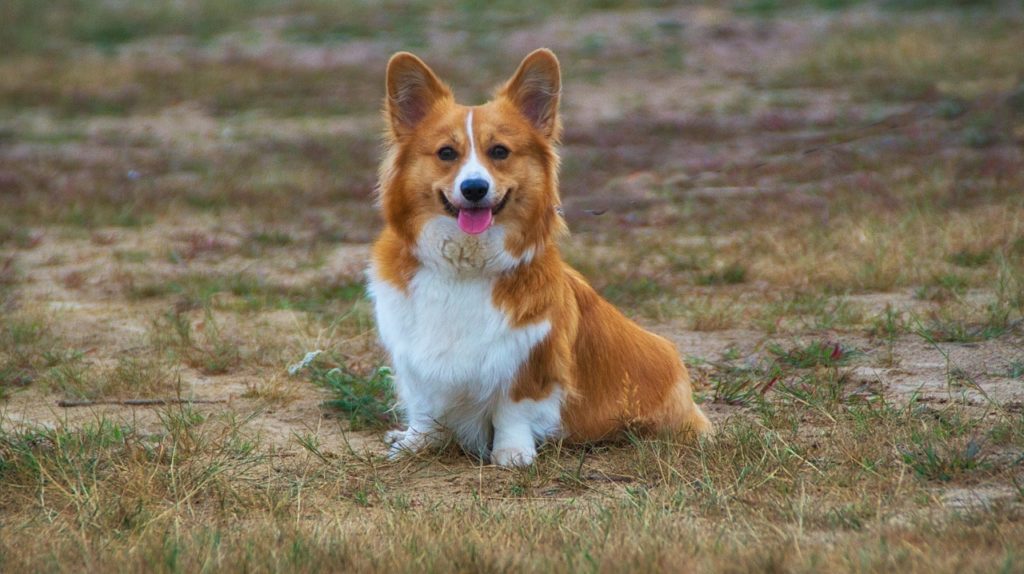
Many of the personality traits that are common to other herding dogs can be found in Corgis. These small dogs are playful and lively with a great nature. They’re loyal to their owners and affectionate with their families.
Corgis are very brave and protective of their family members, probably because they have a working history as cattle herding dogs. They aren’t aggressive and are generally outgoing and social dogs. However, they may be suspicious of unfamiliar dogs. They can be socialized and trained early so they are able to get along with other dogs and pets.
Corgis, like all herding dogs, are intelligent and very vocal. These small pups can also be anxious so it’s important to make their daily lives enjoyable. Bored Corgis can be destructive and will often tear up furniture when they’re frustrated.

Grooming Tips for Corgis
Corgis have a double coat which means they shed lots of hair throughout the year. There are two seasons where they shed more: spring and fall. Although grooming will not stop loose hairs from spreading throughout your home, it can definitely help. The trick to grooming efficiently is knowing which tools to use. Wide-toothed combs are good for removing tangles, but they can also break the longer hairs. Pin brushes are best for the undercoat but can be too harsh for the top layer.
When and How to Groom Your Corgi
Start grooming your Corgi on a weekly basis once it’s fully grown. This will help you stay on top of shedding and other maintenance issues. Work through their fur, paying special attention to their back, legs, and underbelly. When you’re grooming their back, use your fingers or a comb to gently loosen up their fur.
This will prevent mats from forming as the week goes on. Next, focus on their front legs and belly. Be careful to not get too close to their genitals. And finally, brush your Corgi’s hind end. This will help prevent the formation of feces caked in their fur.
Only Use Corgi-Safe Shampoos and Conditioners
Corgis have double coats, which means shampooing isn’t always necessary. However, if your Corgi gets particularly dirty or if they have fleas, you may want to shampoo them every once in a while. When you do, make sure to use a gentle, Corgi-safe shampoo and avoid getting it in their eyes. Most Corgis also benefit from using a conditioner. This will help hydrate their fur and prevent any breakage.
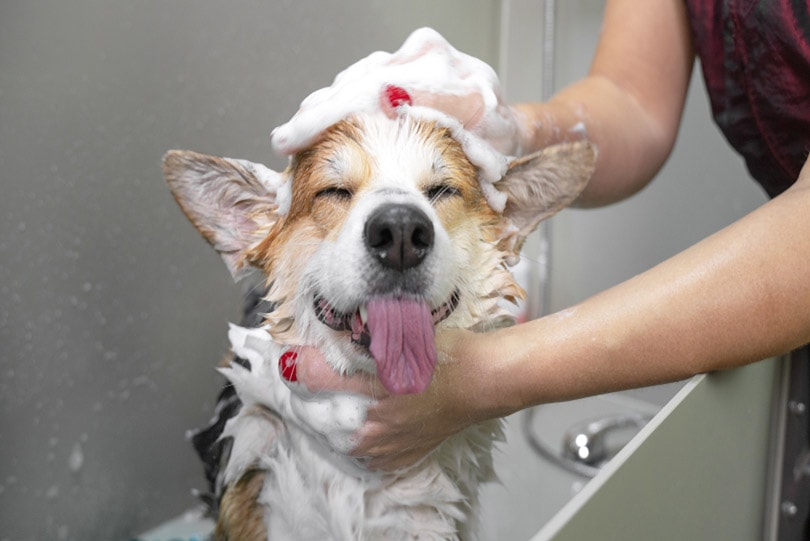
Clean Your Corgi’s Ears
Corgis have long ears that cover their inner ear—a place where ear infections can easily form. Weekly cleaning is recommended, but if you notice your Corgi’s ears getting dirty, you can clean them daily. There are many different ear-cleaning solutions and tools you can use. Always choose a natural option. Also, be careful to not push anything too far into your Corgi’s ear and cause damage.
Maintenance Nail Clipping
Corgis are known for having “double dew claws,” which are extra claws on the back feet. If they aren’t kept trimmed, they can cause pain and even lead to arthritis. Regular clipping can prevent this. First, you’ll need a nail clipper designed for dogs. Make sure the clipper is sharp and not dull.
You may also want to purchase a nail file to smooth down any jagged edges. To clip your Corgi’s dew claws, start by lifting their foot. Then, clip straight down towards the floor and be sure not to clip the “main” claws.
Or you can try a Dremel tool. It has a rotating sanding bit that makes the clipping process easier and more efficient.
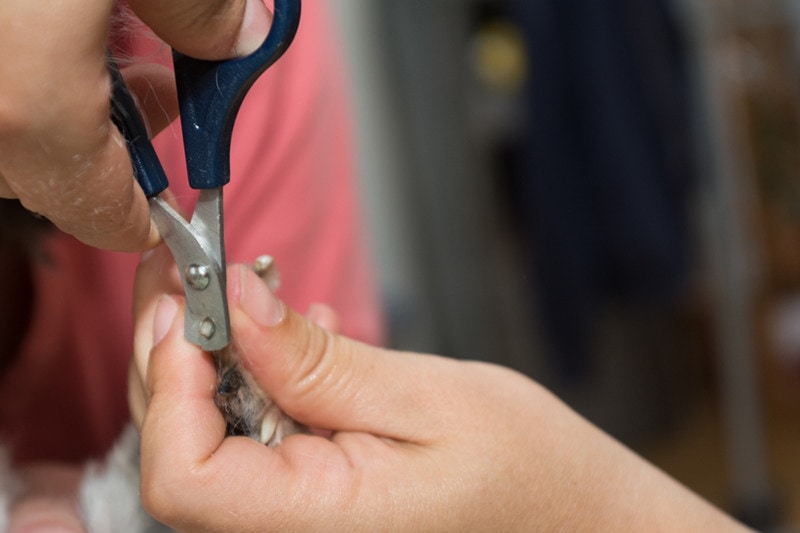
Corgi Physical Requirements & Energy Levels
Corgis are wired to play and run in large open spaces because they were once herding dogs. Corgis are better indoor pets than outdoor pets. Your Corgi will be energetic and rambunctious at all times. To be happy and healthy, your Corgi will need to get regular, daily exercise – at least 60 minutes a day.
To compensate, they may engage in destructive behavior. It’s also important to remember their short legs will not allow them to keep up with you on long runs or bike rides. So, while it’s definitely great to take them on a hiking trail, you must remember that a slower pace works better for these dogs, as they may struggle to keep up with fast strides.
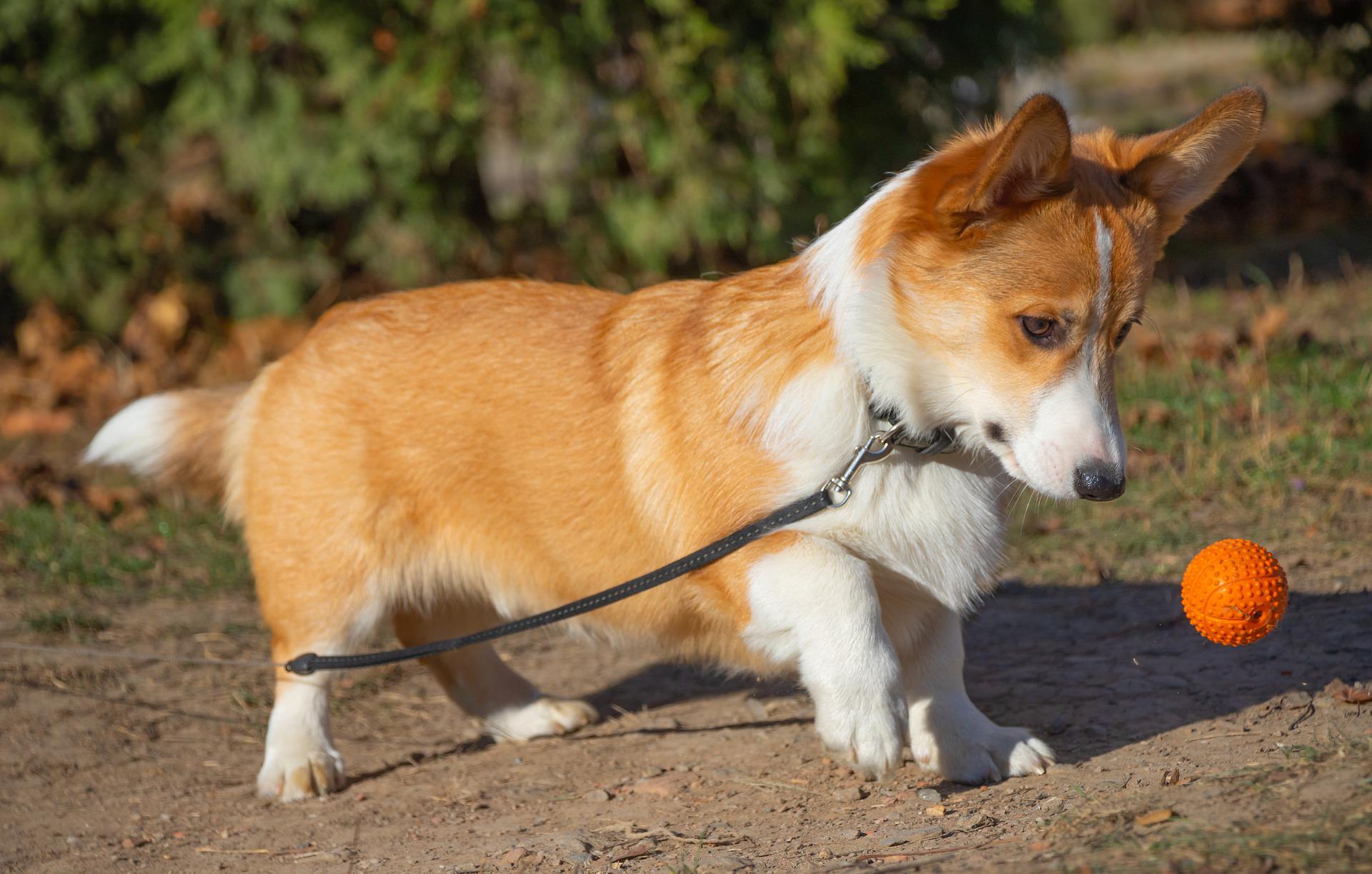
Training
Corgis are a highly trainable breed due to their intelligence, love of attention, and eagerness for learning. Despite their small size, Corgis can be quite bossy and independent. Therefore, it is important to be firm and patient with them during training.
It’s imperative to start leash training your Corgi pup as soon as possible. To avoid problems with interaction with other animals, they’ll need to be socialized from a young age. These small dogs can get a bit testy and territorial with other dog breeds. After you’ve completed leash training and some socialization efforts, you can begin general obedience training.
Corgi owners can also train their dogs to stop barking and to release them from biting when they bite. Play “Tug-of-war” and “Fetch” with your Corgi and teach them how to let go of the toys they have.

What Health Issues Are Common Amongst Corgis?
Just like with any other dog breed, Corgis have certain health elements that they may be more susceptible to. Many of these have to do with their short legs and stature, which is why it’s always important to take your Corgi to get a semi-annual check-up with a veterinarian – especially as it ages.
Corgi dogs are more likely to contract certain diseases than other dogs. These diseases include:
Intervertebral Disc Disease
The Corgi’s long back puts them at risk of developing spinal problems as they age, particularly Intervertebral Disc Disease (IVDD). IVDD can occur as a ‘wear-and-tear’ disease, or suddenly following a trauma. Its symptoms can range from mild to severe paralysis.
The severity of the spinal cord compression will determine how good your prognosis is. Because of the high risk of IVDD in this breed, Corgi owners should keep their Corgi strong, use body harnesses instead of neck collars, and avoid steps.
Hip Dysplasia
Corgis, like many breeds, are also susceptible to hip dysplasia. Hip dysplasia is often associated with larger dogs, but small dogs can also be affected. The disease is not only genetic but can also be caused by the dog’s environment.
This can be influenced by various factors. For example, too much exercise, excessive jumping from high platforms, and diet are key factors. Corgis with Hip dysplasia may have trouble running, sitting too long, and be unable to jump high or at all.
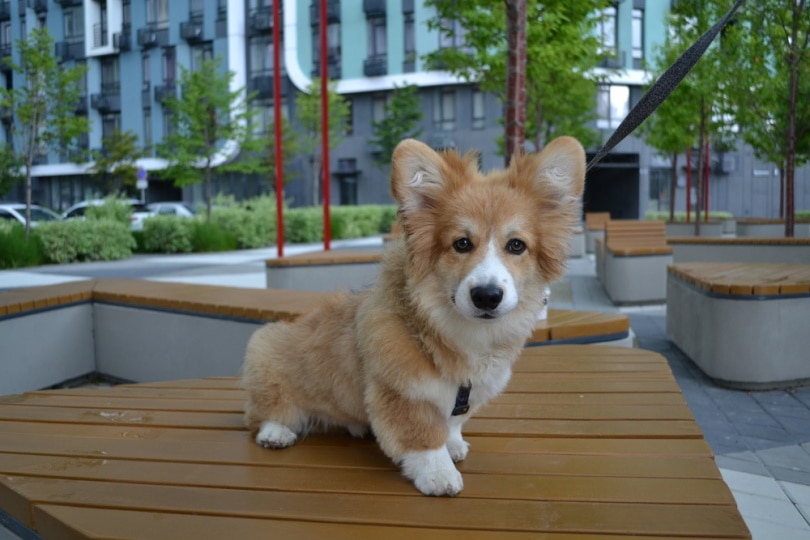
Degenerative Myelopathy
Degenerative myelopathy (“DM”) is closely associated with the German Shepherd, but it’s also known to occur within the Corgi community. This progressive spinal disease causes wobbly walking and hind limb weakness.
It can also cause a loss of sensation in the hind legs. Unfortunately, this condition is not treatable. However, dogs with the condition can receive physiotherapy and assistive equipment.
Epilepsy
Epilepsy is a condition that causes seizures in dogs and other animals – just like in humans. It usually manifests in the first years of a Corgi’s life. It’s important to have your vet perform diagnostic tests to confirm that epilepsy is a real diagnosis.
Although it is distressing, epilepsy can often be managed with medication. It is possible for the medication to cause an increase in appetite or weight gain. Therefore, it is important to try to keep your dog slim.
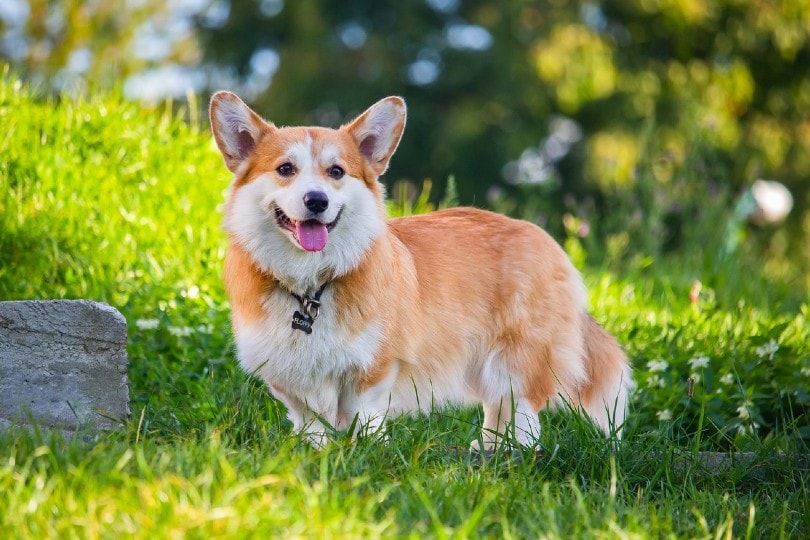
Obesity
Although obesity is not a disease in itself, Corgis can become obese. Corgis can become more stressed if they are already overweight. You can prevent obesity by ensuring that they eat a healthy diet and get plenty of exercise. It is important to analyze their “Body Condition Score” every month and ensure that they are between a healthy 4 and 5 out of 9.
Wrapping Things Up
Corgis are playful and energetic dogs that need a lot of exercise. To keep them healthy, it’s important to groom them regularly. Grooming helps prevent mats, keeps them clean, and helps their ears stay healthy.
Brushing your Corgi’s fur regularly will help prevent it from getting matted. You should also clip their nails, clean their paws and ears, and bathe them as needed. With consistent grooming, your Corgi will stay happy and healthy.
See also:
- Pembroke Welsh Corgi Dog Breed Guide: Info, Pictures, Care & More!
- How Much Does Dog Patellar Luxation Surgery Cost?
Featured Image Credit: Jus_Ol, Shutterstock












